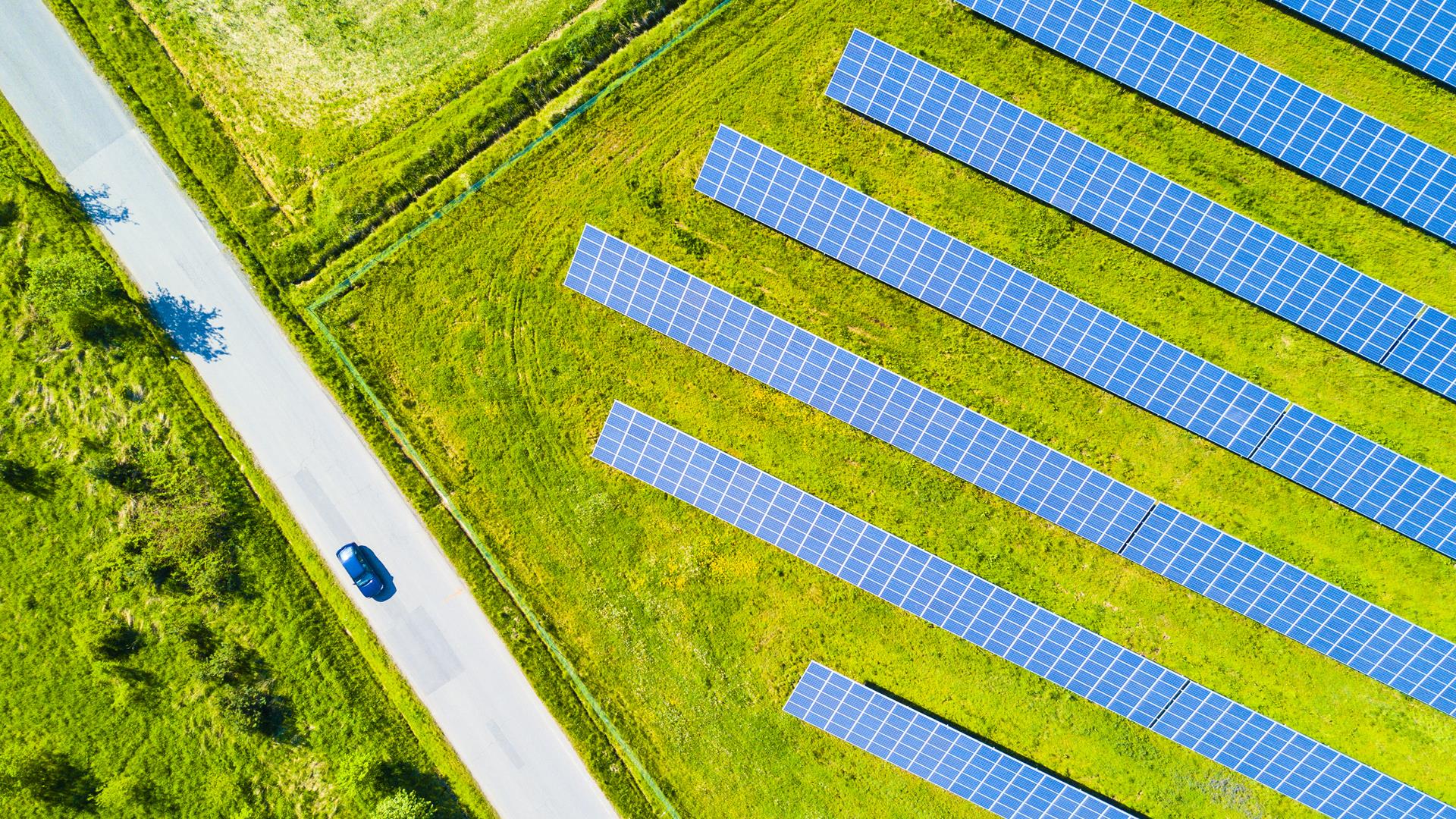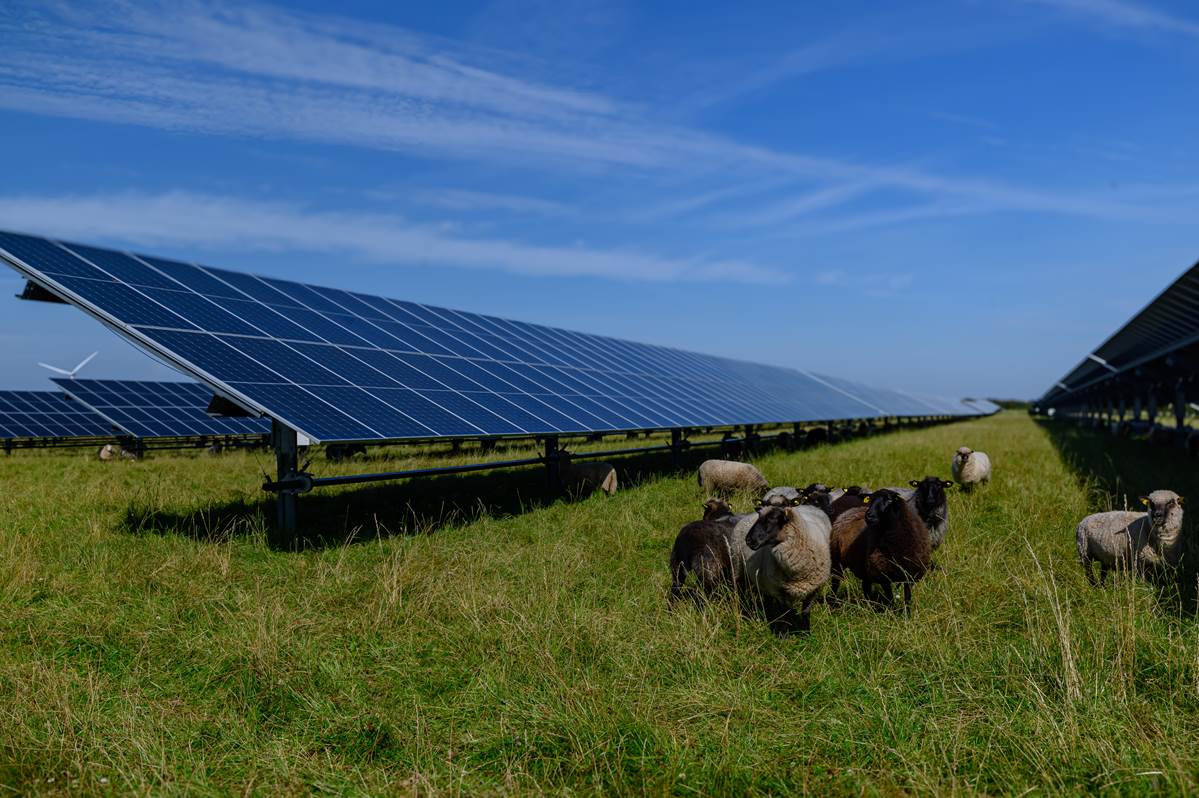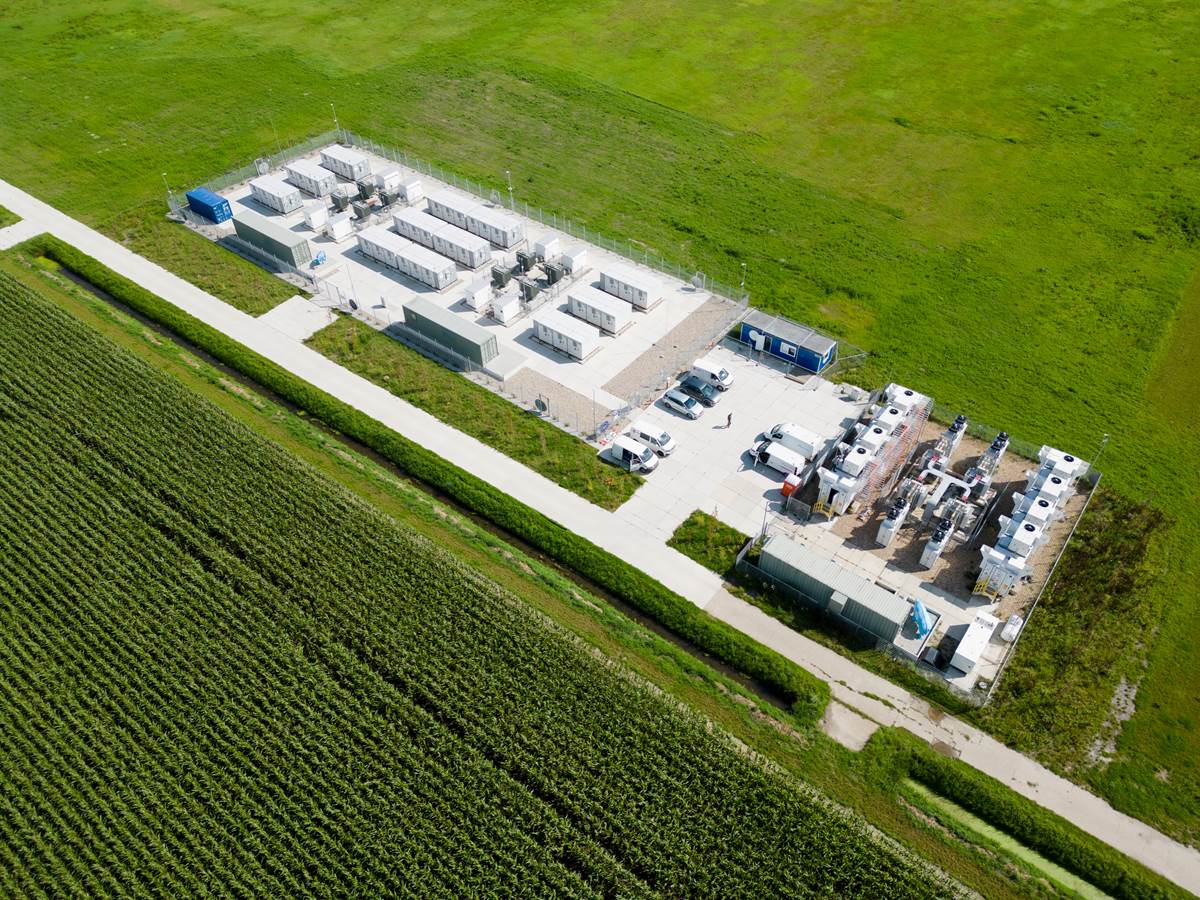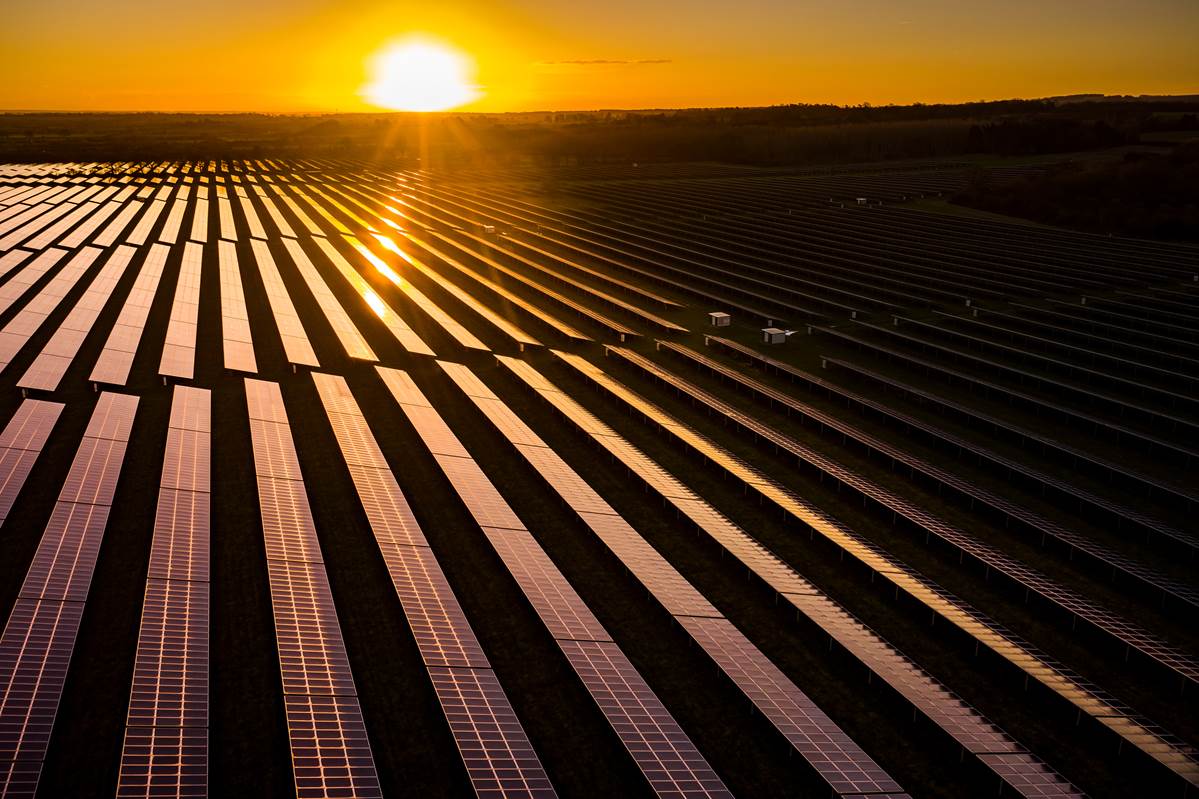
Solar Energy: A Clean and Efficient Solution?
Mon 09 Dec 2024
Every hour, the Earth receives more solar energy than is required to power the planet for an entire year.
The Shift from Wind to Solar
In the past, onshore wind was the dominant renewable energy source. However, public opposition and planning challenges led developers to pivot towards solar farms. Solar energy is cost-effective, quick to deploy, and easily concealed behind natural features, minimizing visual impact. Today, many solar farms are virtually invisible from public areas.
Addressing Climate Goals
Solar farms contribute significantly to the UK’s energy mix, reducing reliance on imported gas and helping meet ambitious greenhouse gas reduction targets—68% by 2030 and 81% by 2035. This aligns with global climate commitments and provides employment across a wide range of sectors.
Benefits for Landowners
Farming often yields inconsistent profits, heavily influenced by unpredictable weather. Solar farms offer landowners a stable income through long-term leases, typically spanning 30-40 years. Developers conduct extensive environmental and technical assessments during the planning phase. Once operational, bonds ensure sites are decommissioned and restored at the lease's end.
For many farmers, these projects are a lifeline as government subsidies dwindle. Solar leases can stabilize struggling agricultural businesses, providing financial relief and long-term security.
Agricultural Land and Food Production
While concerns exist about using high-quality farmland for solar, these developments often include provisions for dual-use, such as sheep grazing, which maintains agricultural output. Additionally, the temporary nature of solar farms (30-40 years) allows the land to recover, enhancing soil quality for future farming. Such projects represent a small fraction of available agricultural land and are carefully evaluated to minimize environmental impact.
Community Gains
Solar developments often benefit local communities through financial contributions for public projects, such as park upgrades, building repairs, or renewable energy installations at schools. These funds, managed locally, support various initiatives, fostering community improvement.
Compulsory Purchase Orders (CPOs)
Large-scale solar farms (over 50 MW) are classified as Nationally Significant Infrastructure Projects. This designation can grant developers compulsory purchase powers, potentially forcing landowners to comply. However, cooperation often allows landowners to maintain some control while avoiding legal disputes.
Importance of Solar Farms
Solar farms address geopolitical and climate challenges. As global instability disrupts supply chains, the UK must secure its energy independence. Solar provides an efficient bridge until long-term solutions like nuclear and offshore wind are fully realized. Moreover, solar energy plays a critical role in reducing greenhouse gas emissions, combating the chaotic weather caused by global warming.
Integrating Battery Storage
Batteries complement solar farms by storing excess energy for later use, reducing waste and improving grid reliability. Advances in battery technology, such as sodium-ion alternatives, promise greater sustainability. These systems enhance the efficiency of renewable energy, ensuring power availability even when the sun isn’t shining.
Addressing Tenant Displacement
Solar projects can complicate relationships between landowners and tenants. However, collaborative approaches often lead to mutually beneficial outcomes, such as revenue sharing or alternative land arrangements. Open communication and pragmatic solutions are key to resolving these issues.
The Future of Solar Energy
Solar farms will play a vital role in the UK’s energy strategy for decades. As technology advances, future energy systems may include modular nuclear reactors, offshore wind, and even space-based solar collectors. Until then, solar energy remains a cornerstone of the transition to a sustainable energy future.
To find out more about the potential for introducing solar energy on your farm, or if you have been approached by a renewables developer and would liek further advice, please contact your local rural team using the link below.
Keep updated
Keep up-to-date with our latest news and updates. Sign up below and we'll add you to our mailing list.
 Brown&Co
Brown&Co



